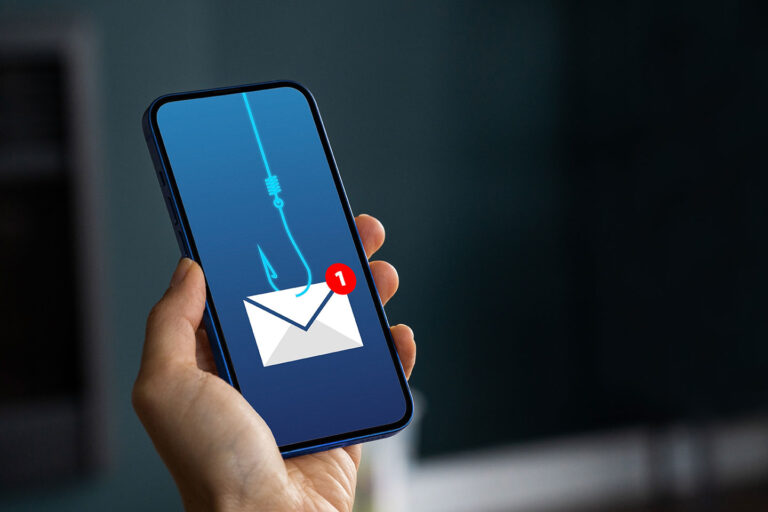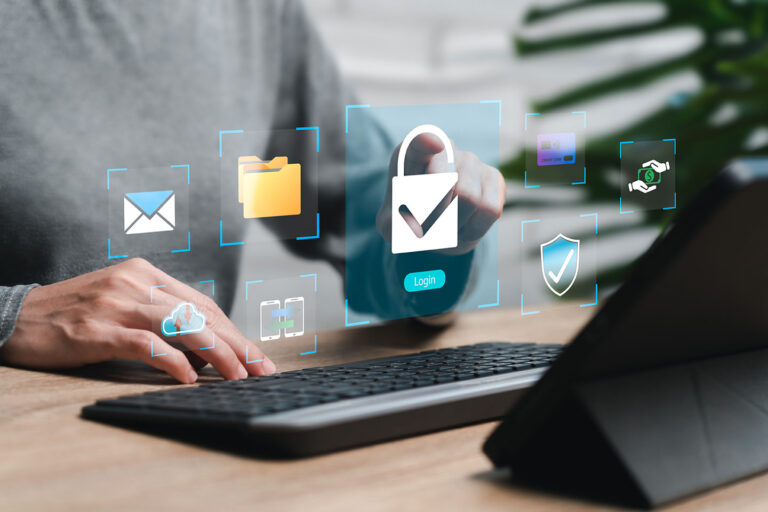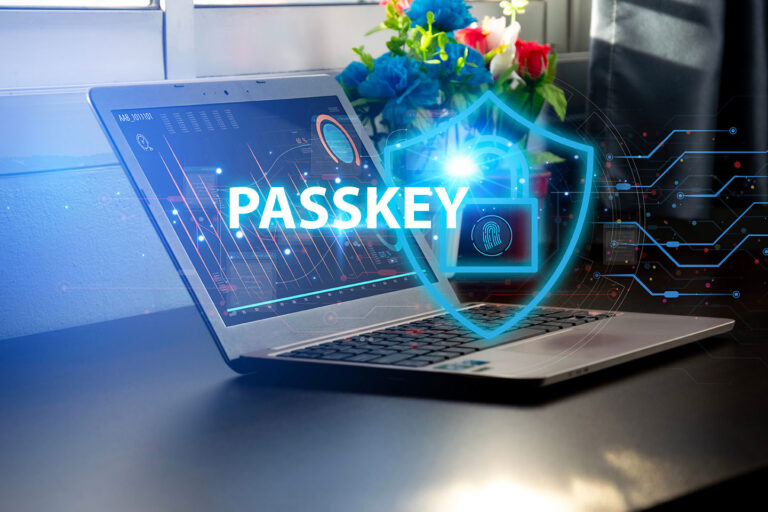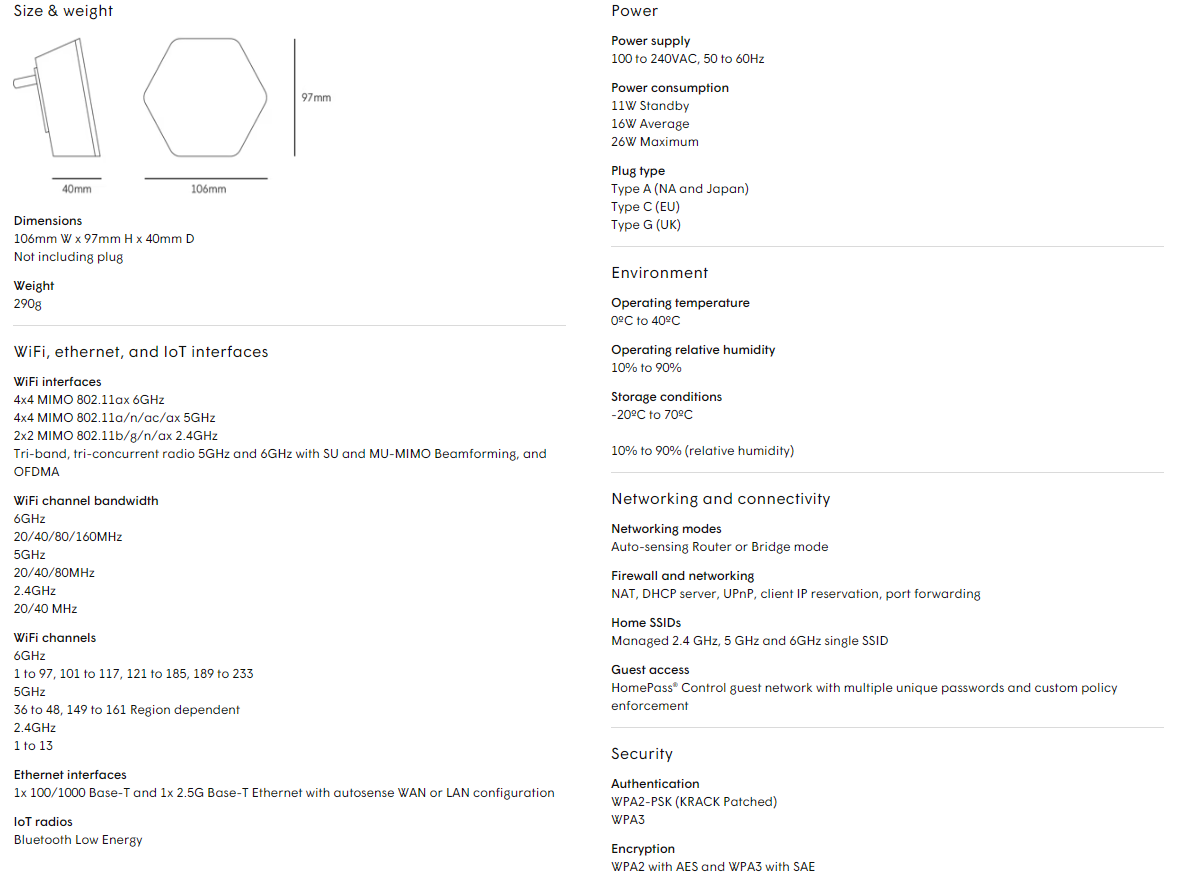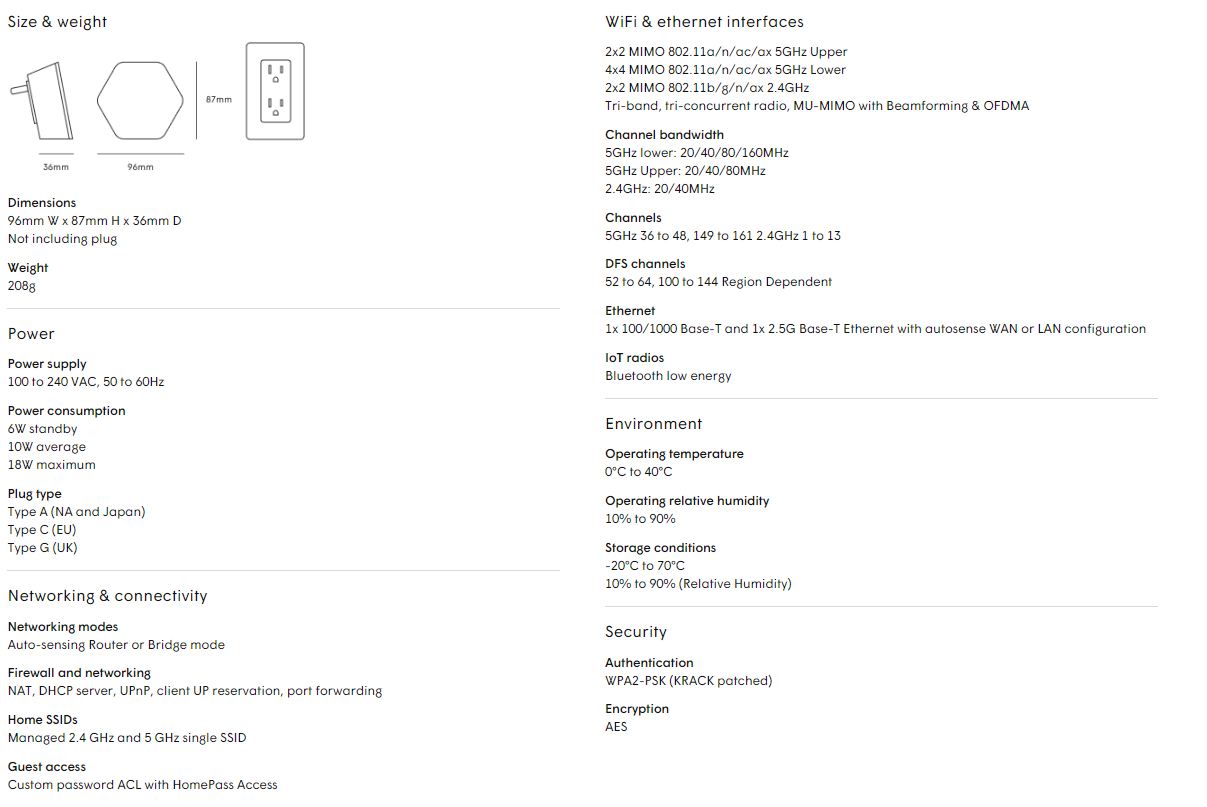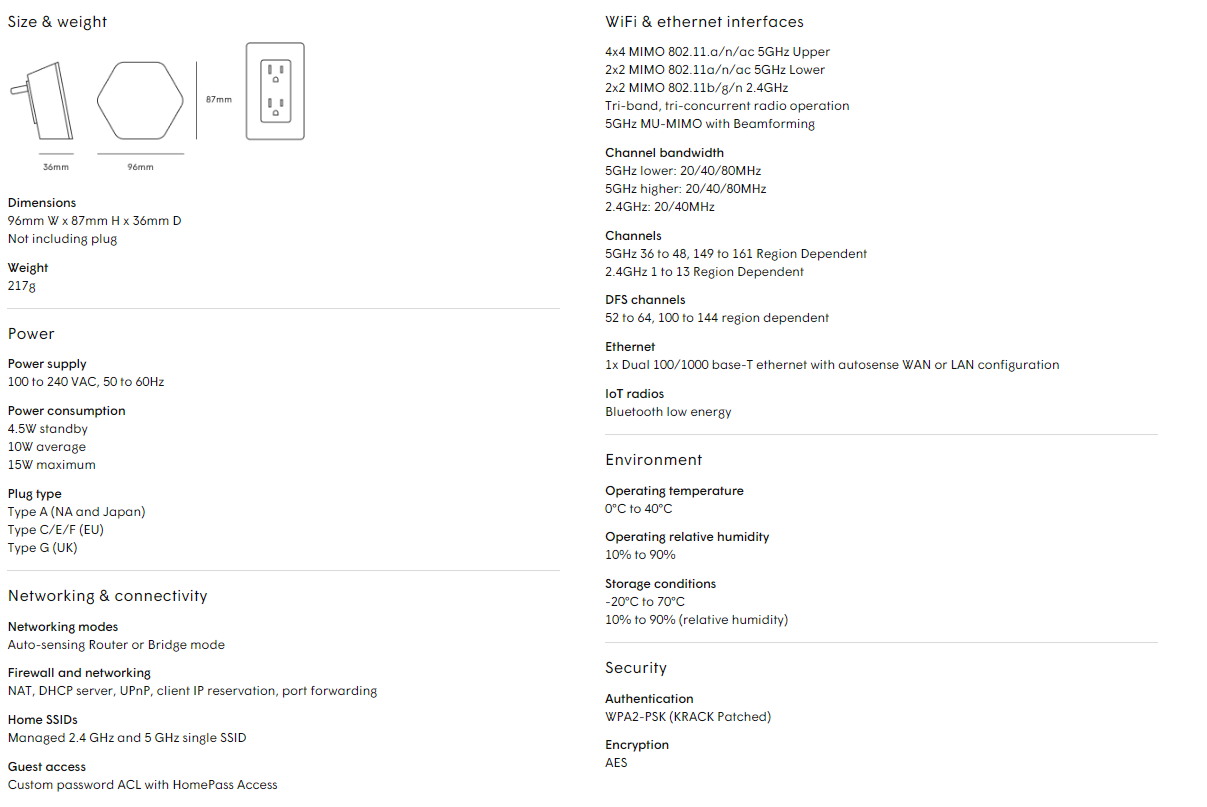Callback phishing is a type of phishing scam where cybercriminals send you an email with a phone number to call, often claiming that an urgent issue needs your attention. When you call the number, you are greeted by an automated voice message or a live person who will try to trick you into revealing sensitive information, such as your credit card number, social security number, or login credentials.
Callback phishing scams are particularly effective because they prey on people’s trust in phone calls. After all, it is safer to call a company than to click on a link in an email. Wrong. Cybercriminals can easily spoof phone numbers to make it look like they are calling from a legitimate company.
Here are some tips on how to stay safe from callback phishing scams:
- Never call a phone number that is included in an email. Instead, navigate to the company’s official website and find the contact information there.
- Be wary of emails that create a sense of urgency. Phishing emails often try to pressure you into acting quickly without thinking. If an email says that you need to call immediately, or else your account will be suspended, it’s probably a scam.
- If you do call the number in an email, be careful about what information you share. Never give out sensitive information, such as your credit card number or social security number, over the phone unless you are sure you are speaking to a legitimate company representative.
If you think you may have been the victim of a callback phishing scam, immediately contact the company that the scammers were impersonating. You should also change your passwords and monitor your credit report for suspicious activity.
Here are some additional tips to help you protect yourself from phishing attacks in general:
- Be suspicious of unsolicited emails, even if they appear from a legitimate company.
- Hover over links before clicking on them to see the actual URL. If the URL doesn’t match the company’s website address, don’t click on it.
- Keep your software updated, including your web browser, operating system, and antivirus software.
- Use a strong password manager to create and store unique passwords for your online accounts.
Following these tips can help protect yourself from callback phishing scams and other phishing attacks.
Your employees are your first line of cybersecurity. Provide them with the best security awareness training program, KnowBe4. Contact Citynet today for a free demo of this dynamic platform and give your staff critical, ongoing security training to protect both them and your network. Call Citynet at 1.844.CITYNET (844.248.9638) to learn more.

